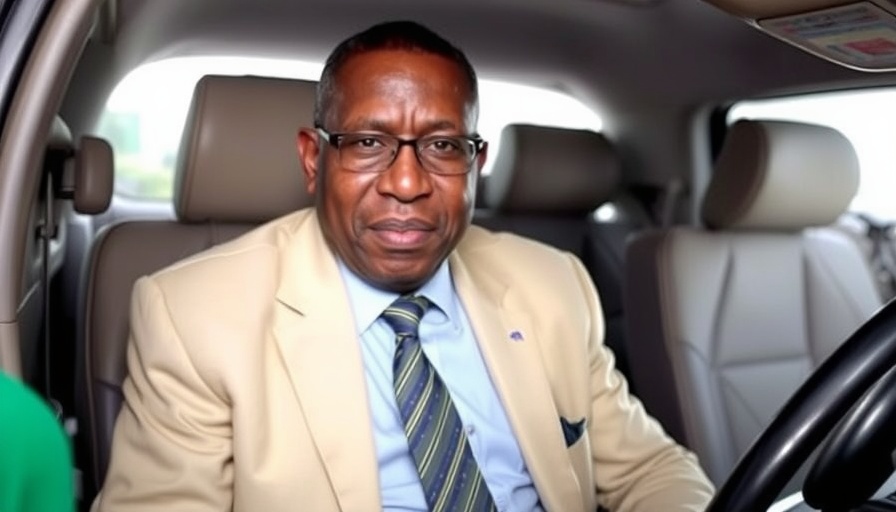
Tanzanian Opposition Leader’s Detained Journey Raises Concerns
The recent detainment of Tanzanian opposition leader Freeman Mbowe en route to Kenya has sparked significant debate not only in Tanzania but across Africa. His journey was abruptly halted at the border, a move that many view as an attempt to stifle dissent and silence political opposition ahead of the anticipated elections next year. This incident illustrates the broader context of governance and political stability in Tanzania, a nation grappling with increasing scrutiny over democratic practices.
Wider Implications for African Politics and Governance
Mbowe's detention is emblematic of the ongoing tensions between the government and opposition factions in Tanzania. His party, the Chadema, has long been a vocal critic of President Samia Suluhu Hassan’s administration, which has been accused of implementing draconian measures against dissent. The implications of this stifling of opposition extend beyond domestic borders; they touch on relations with international partners and allies, raising questions about democratic engagements in Africa.
Geopolitical Considerations and Foreign Relations
As African nations increasingly focus on regional partnerships, Tanzania's approach to political dissent may hinder its ability to attract foreign investment and strengthen collaborations within entities such as the African Union and East African Community. Countries like Kenya, who prioritize democratic values, might reconsider their diplomatic engagements if Tanzania continues down this path of political repression.
The Economic Ramifications Ahead
For investors monitoring the situation, Mbowe's detention signals potential instability within the Tanzanian political landscape that may affect the country's economy. Investors in the African market need to navigate these complexities carefully as they weigh risks associated with political volatility. The landscape of global trade and investments is continually shaped by internal governance issues; Tanzania will need to demonstrate a commitment to democratic processes to reassure both local and international stakeholders.
Call to Action for Stakeholders
For business leaders and policymakers, this incident serves as a crucial reminder to advocate for governance and reforms that bolster democracy in Tanzania. Efforts should be made to pressure the government into addressing these issues effectively, as this is vital for the long-term stability of the African economic landscape.
 Add Row
Add Row  Add
Add 


 Add Row
Add Row  Add
Add 

Write A Comment